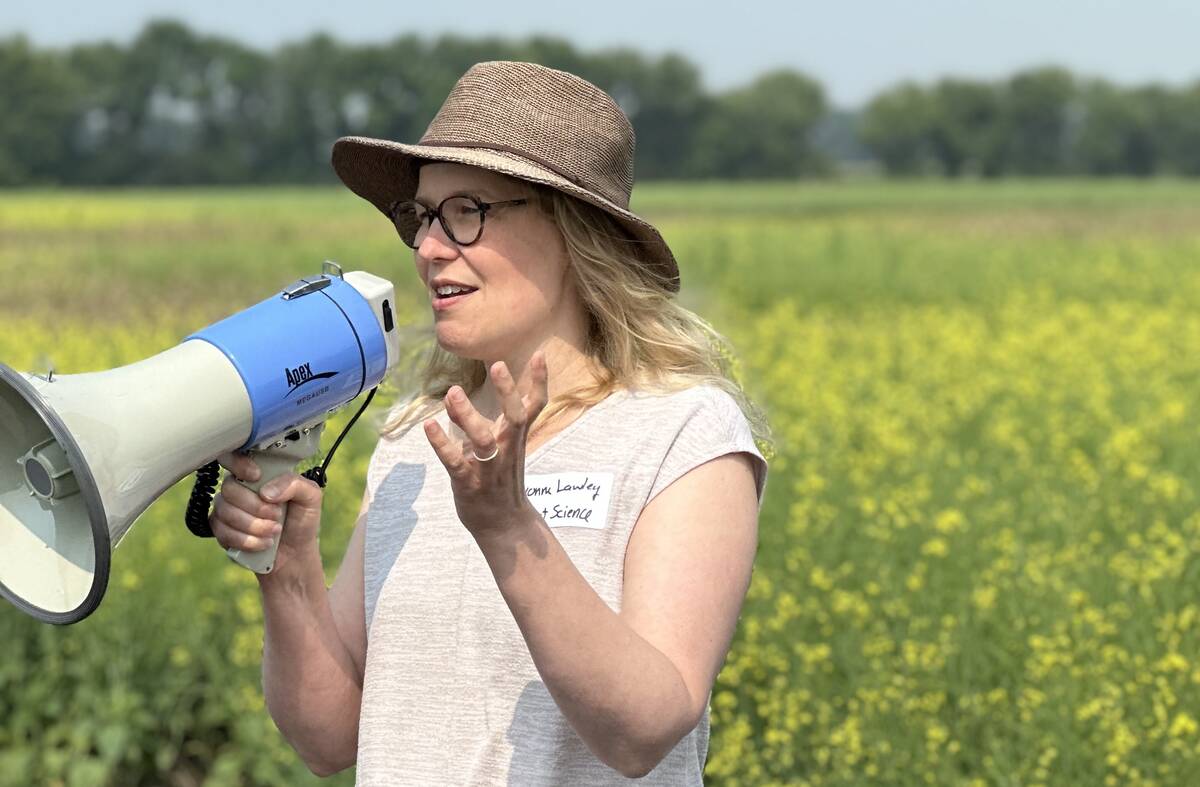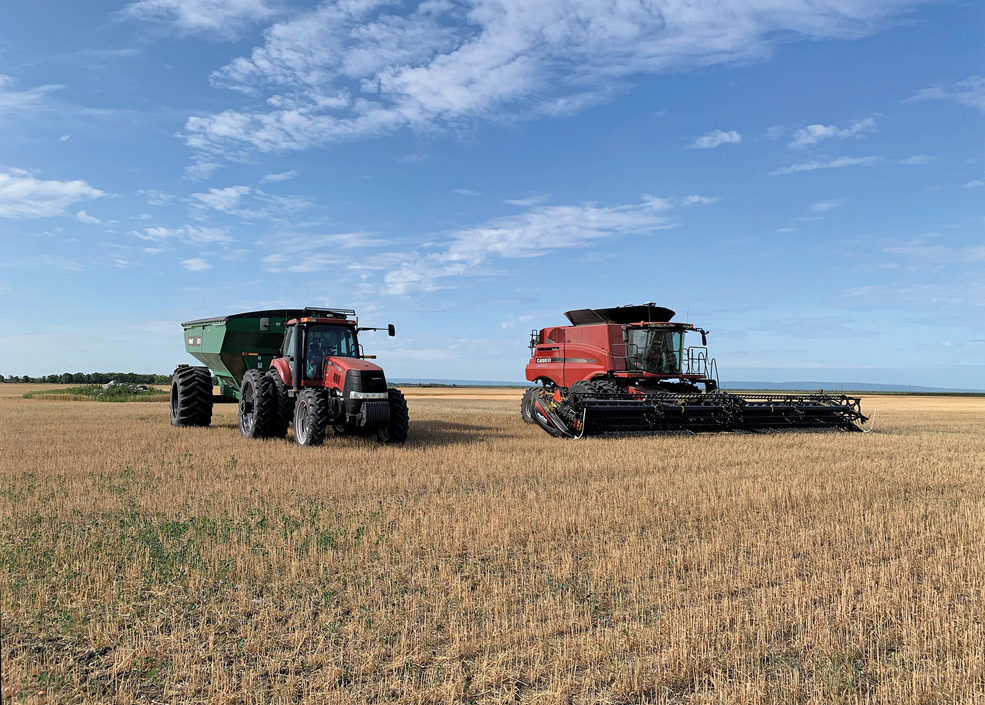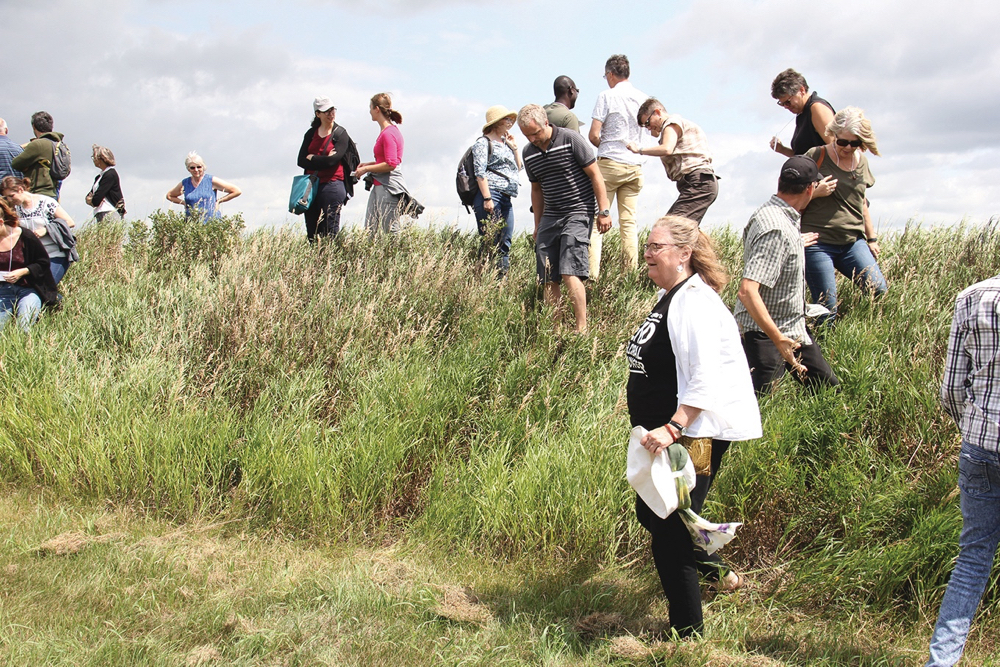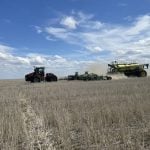
A lot has changed since the first Fields on Wheels conference was held in 1995, Barry Prentice, professor in the department of supply chain management at the University of Manitoba’s I.H. Asper School of Business said as he opened the 20th annual Fields on Wheels meeting in Winnipeg Dec. 2.
CN Rail was still a Crown corporation. The Western Grain Transportation Act (WGTA) had just ended. The Canadian Wheat Board still had its single desk, grain handling was dominated by four farmer-owned co-operatives and there were several thousand, small, wooden elevators scattered across the Prairies.
Grain company employees could still eyeball the different classes of wheat because regulations required their kernels to be visually distinguishable, and wheat was still the king crop in Western Canada.
Read Also

Cereal cover crops show mixed flea beetle protection for canola
University of Manitoba researchers are testing if planting fall rye and oat nurse crops help growers reduce damage without hurting yield.
The Pools and the wheat board are gone. CN is publicly traded and one of the biggest railways in North America. So is the export subsidies offered to farmers under the Western Grain Transportation Act. Kernel visual distinguishability is gone too. Gross revenues from canola now exceed wheat. And special crop production has jumped. Soybeans, which were barely present in Manitoba, are now the third-largest crop behind wheat and canola.
Prentice never expected so much change, he said in an interview.
“Which gives me pause for what we might see 20 years hence,” he added.
“The commercial industry is loath to think about buffer (grain) stocks and so am I because I think about the costs and mechanics of it,” Prentice said. “But the reality is maybe we should be investing more in irrigation. We keep hearing droughts are coming on the Prairies. Are we getting ourselves prepared properly?”
During the meeting Chris Ferris, senior grains analyst with Canada Informa Economics Inc., noted China and India store grain to cover drops in production to ensure food security. If grain exporters held stocks it would distort world markets, he said.
Prentice said more changes are needed, including treating western grain the same as other bulk commodities such as potash and coal.
“I think it’s time to end the (grain) exceptionalism,” he said, alluding to unique regulations limiting how much the railways can earn moving grain.

















